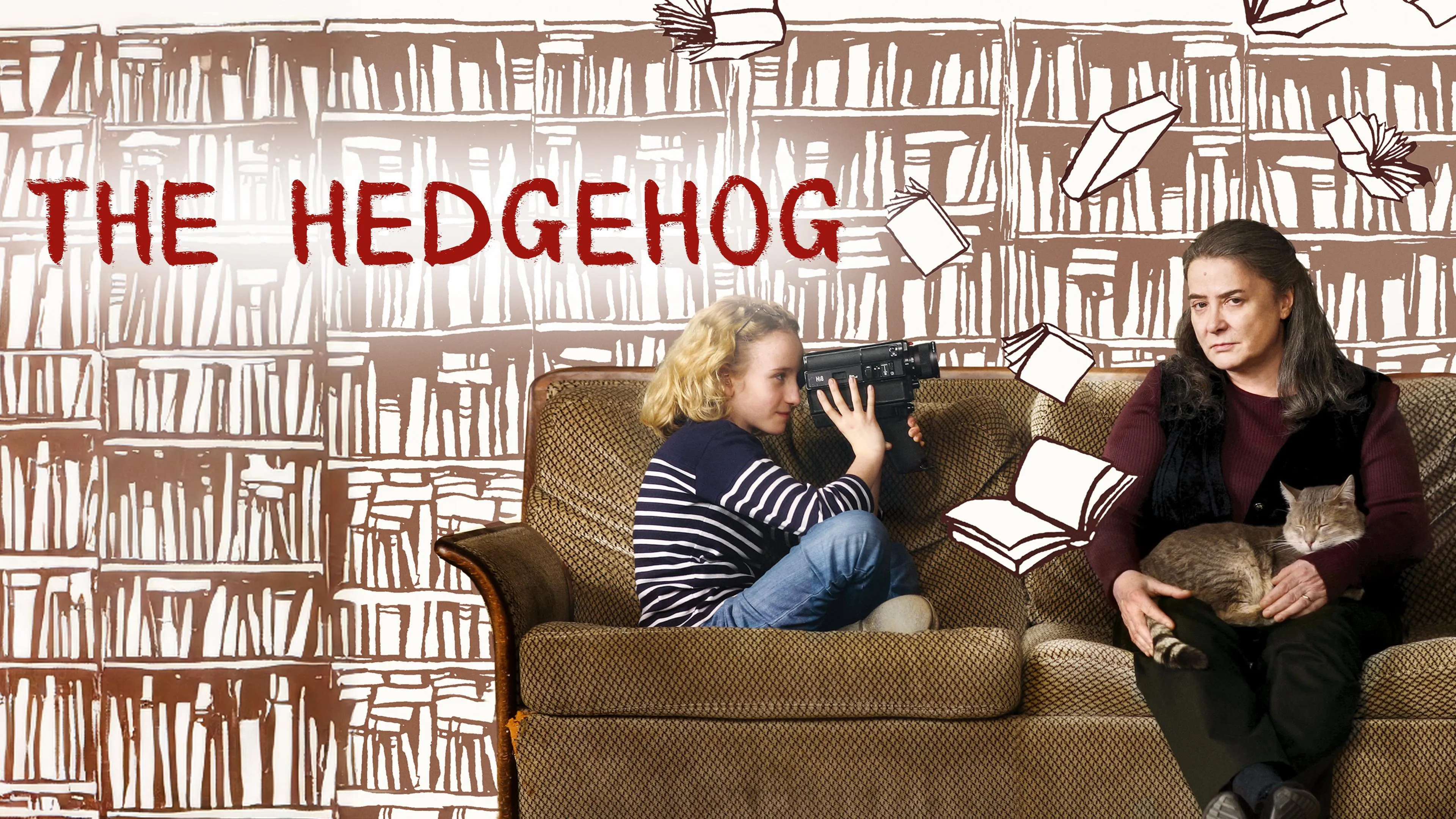Dracula The Awakening (2025) – The Dark Legend Returns
Dracula The Awakening revives the classic vampire myth with a brooding and atmospheric adaptation directed by Luc Besson. In this gothic retelling, Caleb Landry Jones embodies Dracula, a tormented prince turned immortal outcast. Christoph Waltz stars as a priest bound by both duty and buried guilt. Their performances anchor a story that balances tragic romance and horror.
The film opens in medieval Transylvania where Prince Vladimir loses his beloved wife. In grief and rage he renounces God and becomes the creature known as Dracula. Centuries later in nineteenth century London he encounters a woman who mirrors his lost love. This discovery reignites his hunger for revenge and redemption in equal measure. The narrative moves gracefully between past and present, revealing how memory and desire collide within a creature born of eternity.
Visually the film is sweeping and intimate at once. Cursed castles under moonlight and snowy forests echo with dread. Banners stained in blood ripple across ancient valleys. In quieter moments candlelight flickers on a vampire’s face as longing and menace coexist in silence. The score rises only at moments of collision—when grief becomes rage—or eyes meet through centuries of sorrow.
This Dracula seeks to be more than predator. He is haunted by love lost and vengeance thwarted by time itself. His encounters with the priest deepen the emotional complexity—religion confronting damnation, hope overshadowed by decay. The cast includes gifted supporting players who evoke both fear and tragic beauty.
Some critics point to pacing that lingers too long in visual poetry rather than narrative urgency. Yet many praise the emotional depth that separates this adaptation from pure horror spectacle. It is less about jumps or gore than about the ache of being eternal and alone.
Dracula The Awakening is a myth retold as sorrow made flesh. It is a love story stained in blood. In darkness it asks whether most monstrous of all is forgetting what once mattered—or never having it to begin with.



